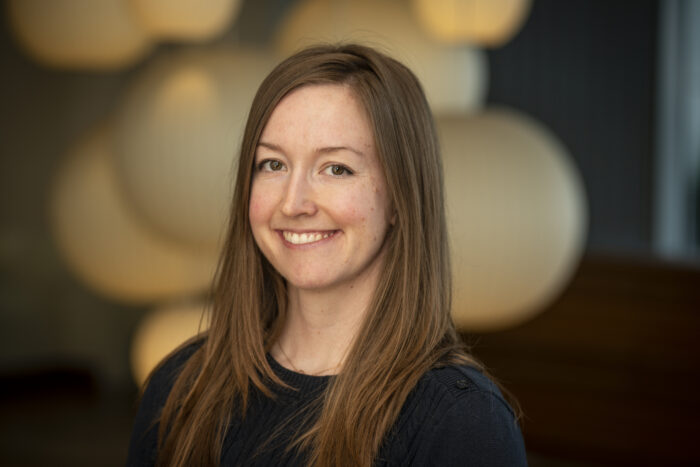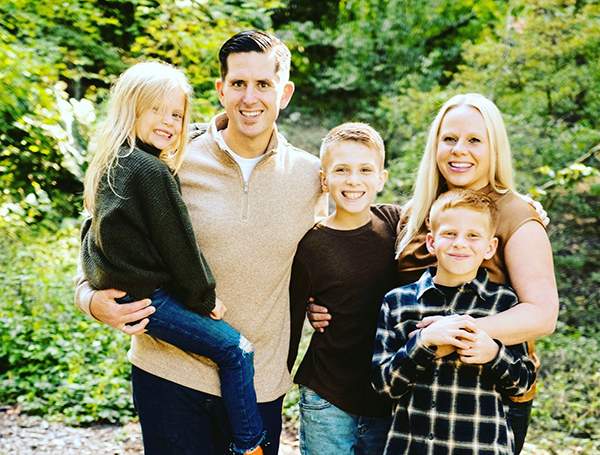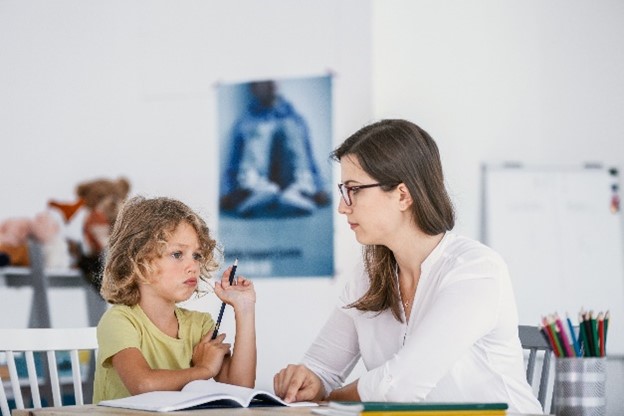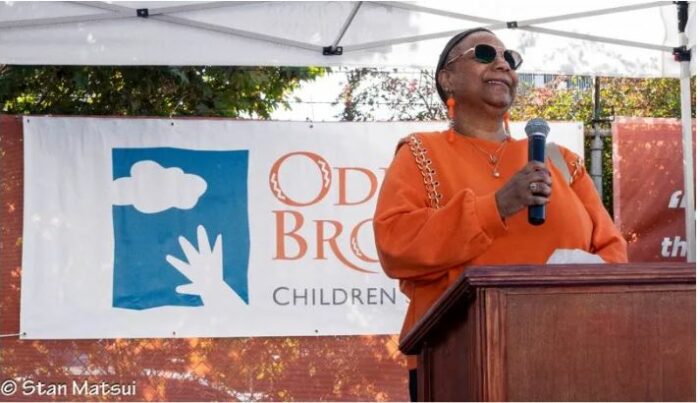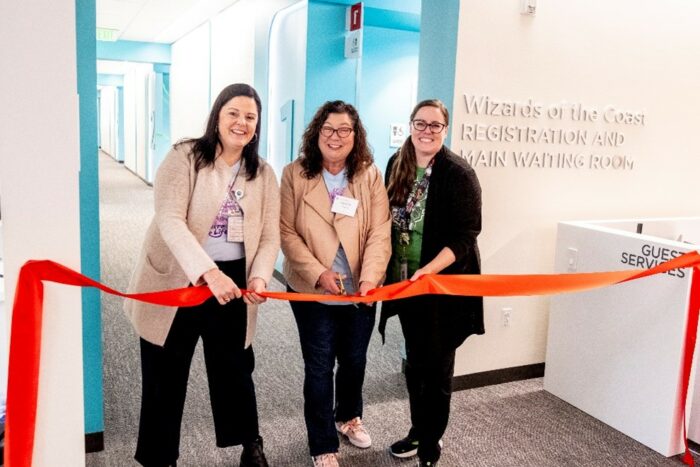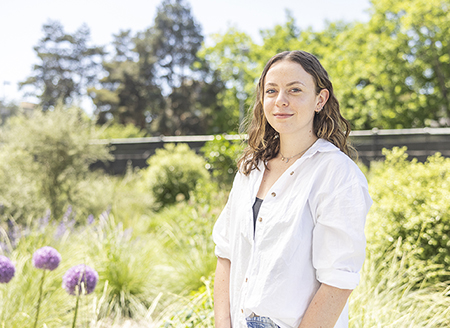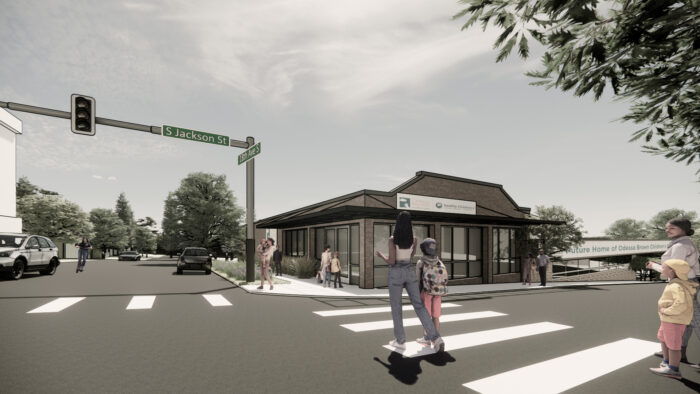When Jacob finished his high school studies in 2015, he and his family looked for a place that would bring him a sense of community and where he could grow and learn new skills. They toured Seattle Children’s Alyssa Burnett Center (ABC). Jacob’s dad, Richard (Todd) Zenter, says the family knew immediately they were in […]
This article was originally published on the JAMA Network by Dr. Molly Taylor, an attending physician for Seattle Children’s Cancer and Blood Disorder Center and a researcher who runs the Biobehavioral Oncology Research Program in the Ben Towne Center for Childhood Cancer Research at Seattle Children’s Research Institute. [Content warning: Please be aware this article discusses grief and loss. Support […]
Seattle Children’s welcomes Laura Knapp as its new vice president of Mental and Behavioral Health. An innovator, collaborator and optimist, Knapp leads Seattle Children’s mental and behavioral health strategy. She is responsible for the organization’s efforts to meet the recent increased demand for services and develop strategies for long-term growth and expansion. In her 20-year […]
Attention Deficit Hyperactivity Disorder (ADHD) is one of the most common neurodevelopmental disorders that affect children. While patients may first be diagnosed in childhood, ADHD often persists and can be diagnosed at any age. Management of the condition varies as symptoms manifest differently through various milestones in a person’s life. Common ADHD symptoms include trouble […]
Hundreds gathered in Seattle’s Central District neighborhood to celebrate the Odessa Brown Children’s Clinic’s (OBCC) future location on 18th Ave. S. and S. Jackson St. at a community homecoming event to learn about the services that will be provided, meet their neighbors, enjoy food from local vendors and celebrate the day with family-fun activities.
On Saturday, October 28, Seattle Children’s honored Wizards of the Coast for their $5M commitment to Seattle Children’s Magnuson by naming the Autism Center registration area and main waiting room. The celebration included a ribbon-cutting and tours of Magnuson, which opened last year and was fully funded by philanthropy.
Almost all parents and caregivers are familiar with bullying that happens in person. But fewer adults understand cyberbullying. It refers to bullying that happens in the digital world via devices like smartphones, computers and gaming systems. A type of harassment, cyberbullying includes sending messages meant to intimidate, humiliate, manipulate or cause other distress. Cyberbullying can […]
Before she was diagnosed with high-risk acute lymphoblastic lymphoma (ALL), Kinsey was an active 15-year-old who enjoyed competitive horseback riding, spending time with her family and friends, and dreaming about what her future might look like. Less than two months into her cancer treatment at Seattle Children’s, however, Kinsey became a shell of herself. While […]
On Sept.12, leaders from Odessa Brown Children’s Clinic (OBCC) announced the location of its new clinic site in Seattle’s Central District. The future home of OBCC, situated on the corner of 18th Ave. S. and S. Jackson St., will serve area patients and families with robust mental health and behavioral health services, nutrition, acute and […]
Most people hope any trip to the emergency room will be a short stay, but many emergency rooms and hospitals in Washington, including Seattle Children’s, are where young people in crisis become stuck when they are unable to get connected to the kind of support they need. Last summer and fall, Seattle Children’s convened with […]


